It always seemed weird that Delta Air Lines and Marriott’s Delta Hotels brand co-exist. Delta the airline thinks it’s weird, too, and they’re suing Marriott. The trademark infringement trial started Monday.
Delta Hotels started in Canada over 50 years ago. Marriott acquired the brand in 2015. In Delta Air Lines, Inc. v. Marriott International, Inc. (N.D. Ga. No. 1:20‑cv‑01125) Delta says Marriott’s “Delta Hotels” branding infringes and dilutes Delta’s DELTA marks.
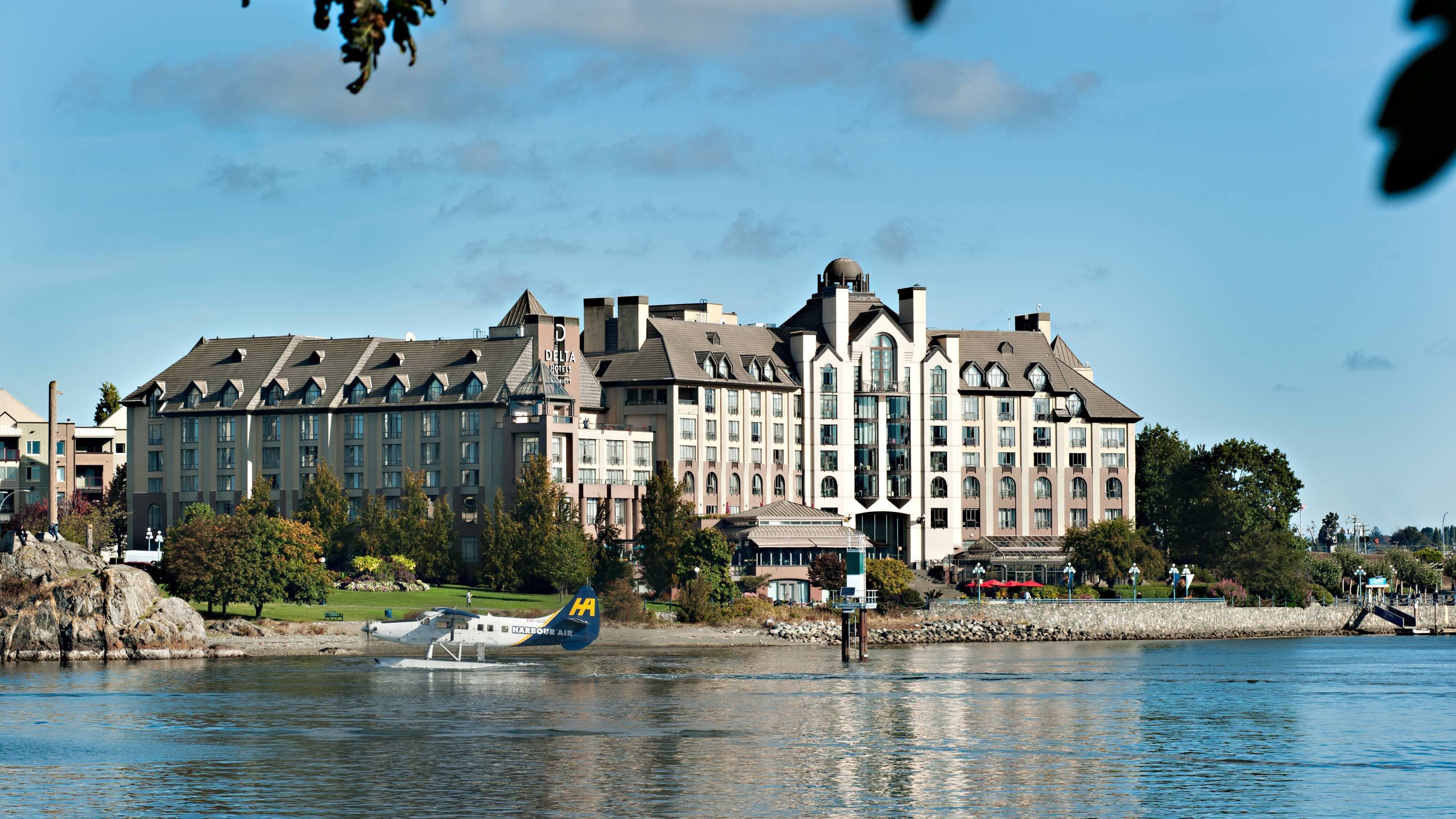
Credit: Delta Victoria Ocean Pointe Resort
Marriott countered with a 2015 agreement, negotiated between the airline and hotel brand prior to acquisition. The court has already ruled that this applied only to Hong Kong and China. Delta told the court on Monday that Marriott tried to “hijack” Delta’s brand and goodwill.
- Delta says there’s actual confusion. Customers complain in the wrong place, adn they have a survey. They have overlapping customers and advertise in the same media.
- But there are hundreds of uses of ‘Delta’ out there. Delta Air Lines comes from the Mississippi Delta in the first place, they dindn’t exactly make up the word. And they’re in different industries (airlines versus hotels), no one is going to buy a room at a Delta hotel to get from Atlanta to New York.
- The logos have some similarities, but aren’t the same. Delta hotels clearly wasn’t trying to play on the airline’s brand favorability over fifty years ago in Western Canada. But what about today? I don’t know that any business wants to be thought of as like an airline to be honest. Then again, I’m reminded that the whole idea behind acquiring Delta Hotels was to use the brand for cheap conversions – bringing owners into Marriott who didn’t want to spend a lot of money. As the Wall Street Journal explained at the time,
Delta owners will be allowed to keep stucco ceilings (also known as cottage cheese ceilings), bathtub showers and in-wall air-conditioning systems…hotel owners would pay up to 50% less to convert a hotel to a Delta compared with upgrading the property to the Marriott brand.
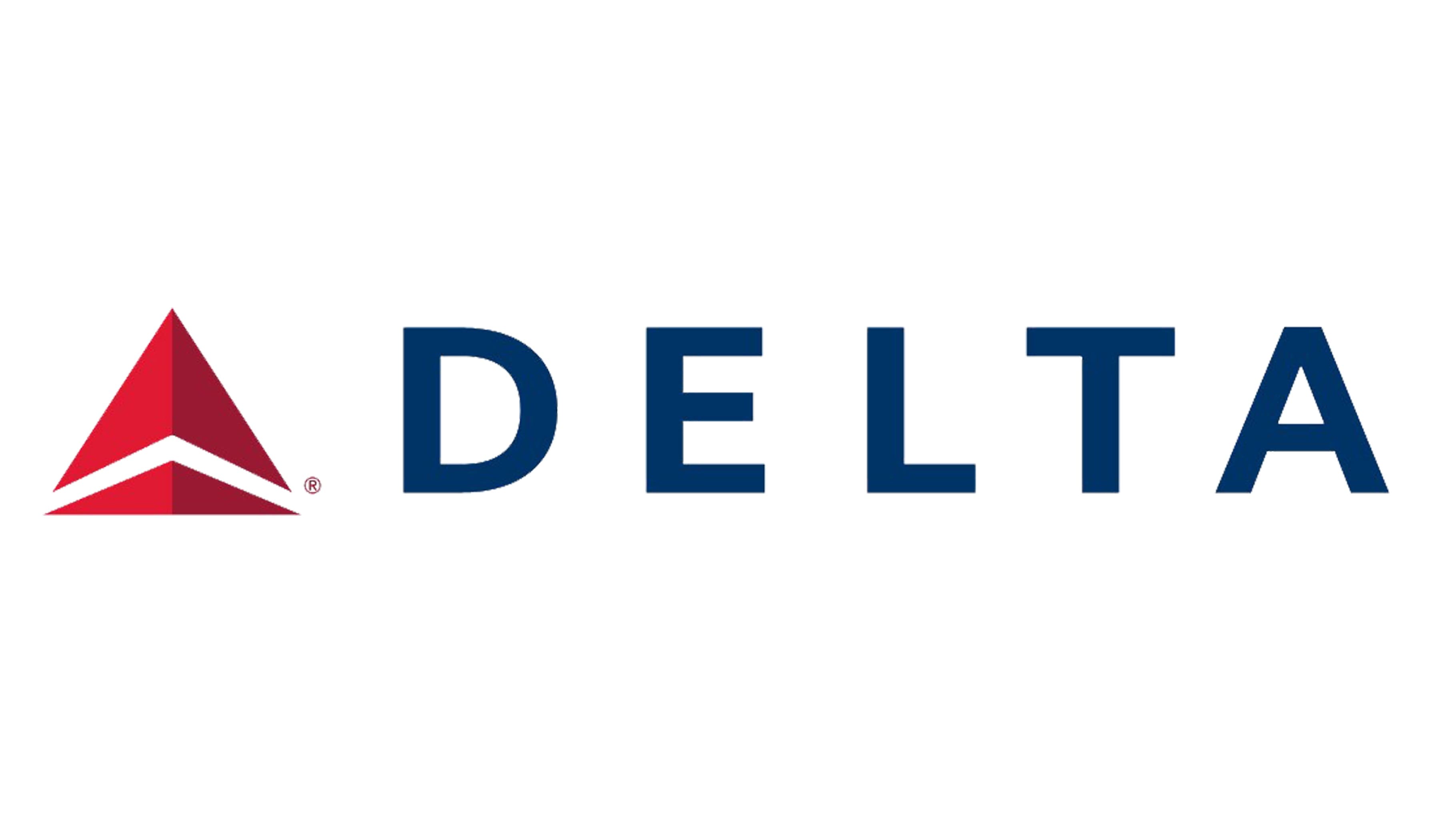
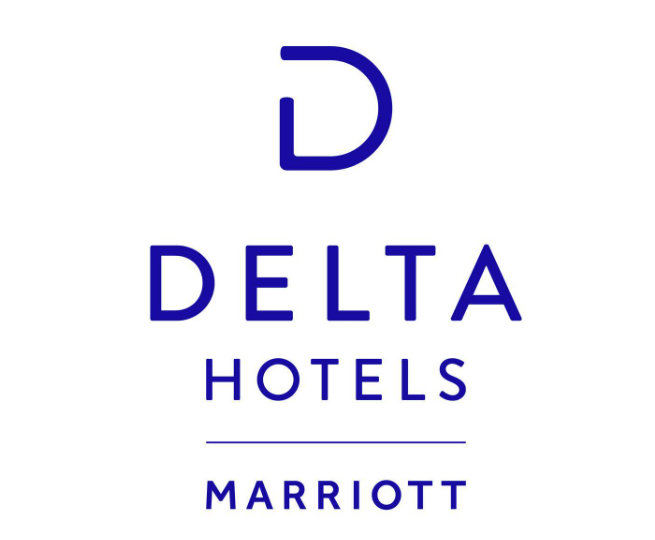
Marriott’s DELTA registration was rejected in the U.K. That’s not dispositive here, but it’s persuasive. A customer could be confused if they went to Delta Vacations and booked a Delta Hotel that Delta presented to them, but what’s the economic harm here? These are different products but they’re probably complementary rather than in truly distinct sectors.
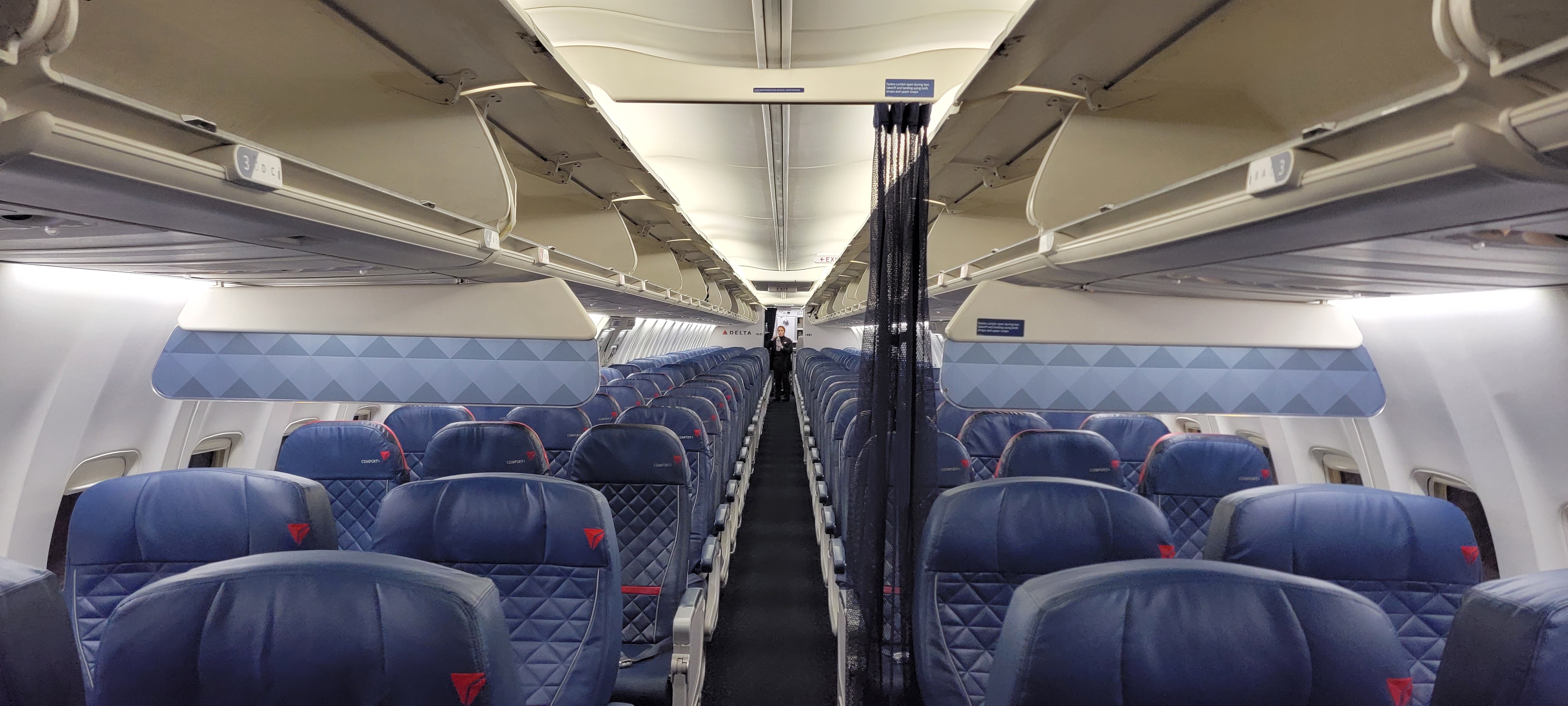
In other words, it doesn’t seem like a truly slam dunk case but it’s still a plausible one. Delta could win. Then what?
- Injunction narrowing or prohibiting U.S. use of DELTA for hotel services without prominent non‑confusing qualifiers, or potentially forced rebrand of U.S. Delta Hotels; corrective advertising; profits/damages.
- Although ‘Delta Hotels by Marriott’ already seems qualified. I’d expect any finding for Delta to mean an even stronger “by Marriott” usage, disclaimers, and style‑guide changes.
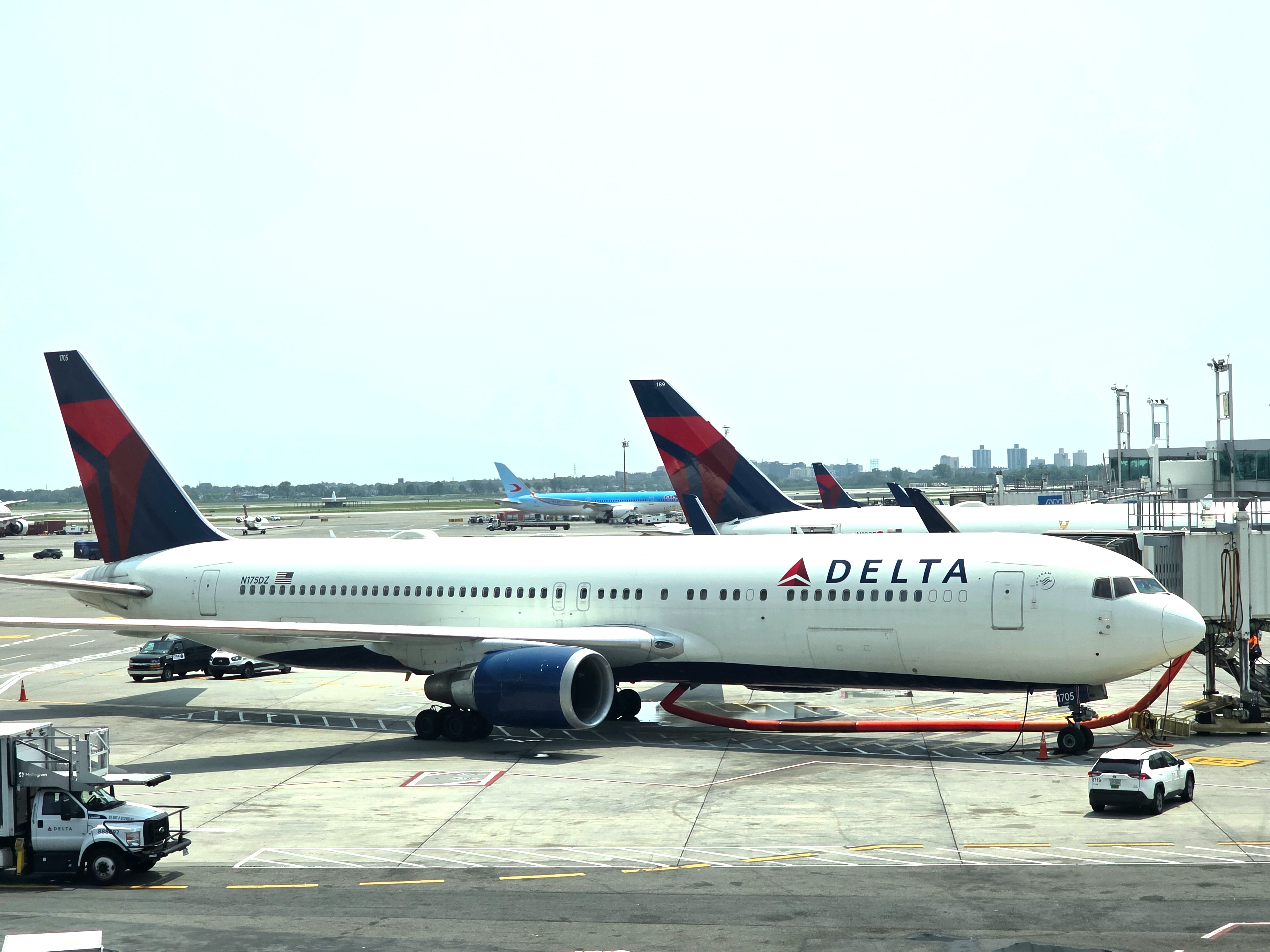
Leaving aside what the law actually is, I have to think that what should be is that it seems fine for a hotel brand to use the name Delta because they’ve done so for over half a century. And it seems fine for that brand to expand, even in the U.S. market! (It’s also ok for Delta Air Lines to fly to Canada, by the way.) But the hotel brand shouldn’t use a logo similar to the airline, and it’s a good idea to lean into “by Marriott.”


@Gene — This a tough one… I’d imagine your take is… ‘can they both somehow lose?’
Wow, I’d been wondering about this! There is a “Delta Hotels” Marriott along I-5 in Everett, Washington that I pass occasionally. But also in Washington State, I used to have dental insurance through a company called “Delta Dental.” Plus, there is a brand of kitchen and bathroom faucets called “Delta!” 😀
I don’t understand why Marriott used the Delta name in the first place. They could have used any name under the sun. Delta was a small Canadian hotel chain — properties that were actually somewhere between a Sheraton and Westin in quality and operating standards. Delta pre-Marriott had ZERO properties outside Canada.
@Shirley — There are different types of trademarks, and so long as they are distinct areas that do not intersect, in the USA at least, they allow them to co-exist.
*walks into a Home Depot*
“Hello, I’d like a faucet; do you have any Delta?”
*store clerk hands customer a 737*
“Woah, I meant the hotel chain!”
*explosion*
I think Delta Air Lines has reached the point of insanity, and is wasting ridiculous money on this lawsuit, which they will lose.
Marriott could take a page from Apple’s playbook and rename the chain “Butt-Head Airline Hotels.”
Does Ed’s BFF stay at Delta Hotels for free, too?
Stucco ceilings, bathtub showers, and in-wall air conditioning units are not supposed to be in Marriott hotels?
I guess the Marriott hotels I stayed at didn’t get the memo. I see them regularly.
Delta the repulsive alleged airline that’s nothing more than an overblown egotistical crop duster has no case and can go pound salt. They don’t own the name. It’s the fourth freaking letter of the Greek alphabet and has long been in public domain. Oh, how I wish this airline could die tomorrow.
I think of Marriott agrees to hold up brand standards so that Delta hotels appear premium, there’s room for a compromise here.
Can Marriott sue Delta Air Lines for sullying a vaunted name?
Asking for a friend named Dim Tunn.
When you say “Delta” like in Delta® Air Lines or the Delta® SkyMiles® rewards program, many people think of PREMIUM services and amenities. When you say “Delta” like in Delta Hotels by Marriott, many people think of crappy, bottom-of-the-barrel hobo and homeless subsidized shelters that might be the official hotel of drug dealers.
A Trip Advisor review by a guest at the Delta Hotels by Marriott Toronto East writes, “Careful about staying at this hotel. They are currently housing the homeless and majority of their space is used for the shelter. Since the Delta has been turned into a shelter there’s been increased garbage to the area, loitering, and safety issues.”
A premium airline like Delta Air Lines is concerned about trademark dilution, which is the unauthorized use of its famous trademark in a way that harms its distinctiveness (blurring) or reputation (tarnishment).
I did think there was a connection when I first came across Delta Hotels. If the hotel Delta name was limited to Canada, and the hotel chain decided to expand elsewhere afterwards, Delta the airline would have had a valid claim if they had challenged it sooner, but probably not now after waiting so long.
Horribly written! So many typos
@O’Hare Is My Second Home — As if ‘American’ or ‘United’ were unique terms…
I don’t like Delta Air Lines. However, I’m with Delta Air Lines on this one.
At least in the U.S., Delta Hotels should be banned from using the name. Canada, ok. Even Europe. After all, there was a Delta Air Transport that used to fly in Sabena-like colors using commuter aircraft.
In the past, airlines and hotels went hand in hand.
United Airlines – Westin
Pan Am – Intercontinental
Air France – Le Meridien
Swissair – Swissotel
American Airlines – Americana
Japan Airlines – JAL Hotels
SAS – SAS
KLM – Golden Tulip
Delta Air Lines – Delta, oops..
They are both in the same industry, ‘travel’; do is a favour and do not play trademark lawyer Fatty. You did not stay at a Holiday Inn Express last night or a Delta. But to fair the hotel probably does not want to be associated with DL crappy service mantra anyway.
Marriott should just change Delta to “Northwest by Marriott”. 😉
.
Or use the Hebrew equivalent, “Daleth”
@derek — I suppose the argument could be made that airlines and hotels are both ‘travel’ so they could more easily be confused as opposed to the faucet company.
I was never an I.P. lawyer, but I suspect that Delta Airlines may have a harder time than most people imagine. In the U.S., a trademark becomes “incontestable” after 5 years of continuous use. See 15 U.S.C. sec. 1505.
I suspect Delta Airlines may have waited a bit too long.
There isn’t a case here….
Delta has long existed as s hotel chain out of Canada. That gives it establishment long before Marriott bought it.
The delta hotel name could be restricted ho established areas it existed before Marriott purchasing.
Thus reminds me of yhe case where the US Olympics challanged the name used by corporations in Washington state where you have the Olympic mountains on the Olympic peninsula a o t hr counties all or inn part on there can used Olympic in naming.
One is lodging, and the other is transportation. Delta Faucets is plumbing, and Delta Dental is insurance.
Is Delta Airlines going to think anything with the word Delta should change their name? Should Delta Dental sue Delta Airlines because their are 80 million customers and they don’t want their members confused with an airline?
Delta Hotels were actually very nice places to stay and were also great value for the price. Like many things, they went downhill quickly after Marriott purchased the brand and quickly diluted it. At this point, losing this brand in the USA would be no loss at all as there’s no real signature thing to differentiate Delta/Marriott hotels.
@Retired Lawyer – if i understand correctly, Marriott has already lost its estoppel claim
What if this case is just a shameless attempt at ‘all news is good news’… Delta just wants to win in the ‘attention’ economy… think of all the ‘engagement’ its lawsuit has spurred on here alone!
The Delta Hotel in Orlando is run like an airline, crappy food, $12 for a can of beer and they even charge to use the pool. I actually thought it is part of Delta Airlines until I read this.
I stayed at the Delta Chelsea (now simply The Chelsea) hotel in Toronto in 1995. Nice place. I flew there on NWA (now Delta). I wasn’t confused then and I am not confused now. If another airline tried to use the Delta name I could understand where there may be an issue, but since they are different industries and countries I don’t see it as an issue. If Delta wants to press the issue in the United States I could see Marriott say that Delta shouldn’t be able to use the Delta name in Canada. That would just be dumb. Apparently since companies typically have legal departments, they figure they should use them to file silly lawsuits.
I think Delta is correct here. Even though I know Delta Hotels is not affiliated with Delta Air Lines, I am in the airline industry. Many people, particularly in the USA, searching for hotels probably don’t know that and they might be influenced to choose the hotel thinking it’s owned by the airline and must be good. I’d be willing to bet Marriott is keen to that. It’s especially concerning when the brand quality between the two is so drastic.
Next on Deltas hit list, the Mississippi River.
Ah, lawyers arguing with other lawyers about anything stupid if they smell money. And these aren’t in-house legal eagles, they have to hire specialized trial attorneys / litigators from the outside. Everybody wins…
There is precedent for how this should be handled in the industry.
In 1991 Soithwest discovered that a FBO was using the same slogan as the airline (Just plane cents). The SWA CEO challenged the FBO owner to an arm wrestling match, which he lost. Both organizations continues using the slogan because it was, like now, a dumb thing to fight about.
@David–ya gotta love “Northwest by Marriott” but why not rebrand the airline “Northwest by Delta?”. That would fix the issue.
Of course Delta Airlines and Delta hotels are in the same industry. That’s why when you go to any travel website they try to sell you flights and hotel rooms. It is certainly logical, when browsing a travel website to assume all Delta travel options are related.
I don’t quite understand the argument that Delta Air Lines’ trademark rights should be different in the USA than elsewhere, i.e., the airline’s trademark is somehow stronger here in the USA. Yes, laws vary by country, but hasn’t Delta Air Lines registered its trademark worldwide?
Here in the PNW, Delta Hotels were known to many of us before we knew much of anything about Delta Air Lines. I remember seeing a Delta Hotel along BC Highway 99, near Vancouver Airport (YVR) many years before Delta Air Lines started flying to SEA. There was no confusion at all–Delta was strictly a Canadian hotel brand. Delta Air Lines wasn’t really known in this region of the USA.
They both are using the name Delta. In the airline’s case, it was named after a region of the country it no longer serves, the Mississippi Delta (although MEM isn’t too far away). In the hotels’ case, the name Delta likely comes from the town of Delta, BC, near Richmond–where the first Delta hotel was and where one still exists. So, which company is actually infringing on the other’s brand?
@Jack B Nimble — Jack B Quick…
@Gary:
Different legal theories. Estoppel is an equitable defense, based on conduct by the estopped party.
Incontestability is a statutory defense. After 5 years, it just is – sort of like the statute of limitations. It doesn’t depend on the conduct of the estopped party.
This is one of those cases where I can foresee Delta augmenting Marriott’s legal department budget.
@Retired Lawyer — While those substantive legal arguments used to be applicable… times have changed. Ever since Snyder v. United States (2024), the winner of any dispute is whoever can provide the greater ‘gratuity’ to the Supreme Court (quite the loophole, actually; like, someone should really do something about that, anyway). I am of course being cynical (though, just in case, maybe Delta, whichever one wants to win, should pay up!)
Delta has “goodwill”??? Has anyone told Goodwill?
we stayed in the Delta Montreal last spring and it was great. Flew to Montreal on AA, LOL! Aloha
Since both logos are based on the Greek letter delta, a triangle, it would be tough for them not to resemble each other.
I’d argue United Airlines (old logo) and United Healthcare (current logo) are close enough that you could be mistaken. So should United sue the healthcare company given all the controversy surrounding them lately. What about American… Should they start suing any travel brand or hotel that has American in its name
Didn’t Marriott argue that there would be brand confusion between Moxy hotels and a Moxy Airlines back when Breeze was starting?
@Dave S — Since it’s United Healthcare, in particular, I’d say, yes, absolutely, United should waste its and their time and money causing them trouble.
I know there was a Delta Hotel in Brussels at least 30 years ago . . . because I remember staying there, knowing that it was owned by a Canadian chain, and not thinking it had anything to do with Delta Airlines.
@Warren Bennett
@Too Many
@1990
There is widespread awareness of commercial relationships in the travel & leisure sector, with many hotels involved not only in joint marketing with airlines, but historically owned- and operated by them. Well-known pairs have included:
Intercontinental Hotels and PanAm;
Swissotel and Swissair:
ANA Hotels and All-Nippon Airways;
JAL Hotels and Japan Airlines;
Westin and United Airlines;
Radisson Blu and SAS Airlines;
Le Méridien and Air France.
Simple filjng does not require retaining expensive outside counsel. The facts are fairly simple on each side, with the hotel having long acquired ownership of preexisting IP and Delta alleging dilution of premium reputation.and beneficiary neglect of responsibility to disclaim ambiguity.
So let’s take this to the next step. What if a company used AMERICAN for anything. AMERICAN UNIVERSITY. Could a person think the airlines founded or in any way funded the University. If you think that is not possible, Stanford and Vanderbilt had it happen. How about American Express. The company literally sold TRAVELERS checks for years. Could a person be confused with it being a faster experience with the airline? Can the festival still use the name South by Southwest? It is in AUSTN TEXAS. If you read BY Southwest could it confuse people that it is sponsored by the airline?
Are Delta AIRLINES lawyers not busy enough with other issues that THIS is the one they are spending MONEY on?
Marriott has owned the Delta by Marriot for a decade.
May need to validate spell check dictionary. See a number of errors in this article that were missed. (Didn’t is written dind’t for example)
I stayed at a Delta hotel near DFW when I was a FA for United Airlines. It was a decent hotel. Who cares about the name. Get over it. So many businesses have similar names. At no time did I think I was going to get on an aircraft for my competition. Nor did I think they were owned by said airline. Next silly story, please.
Does Delta hotels charge extra for bringing any suitcases to the room that you can’t store under the bed? If so, then I might be confused!
After this pissing contest, I wanna see United next. The world’s largest airline by fleet size vs world’s largest insurance company by revenue. Not even considering the other bazillion United named companies.
The definitive restaurant guide in Belgium is the Guide Delta. Is that next on the list?
Some trademark trivia:
Many years ago there was a dispute between Audi and the Blizzard ski manufacturer over the use of “Quattro”. One ski magazine suggested the dispute be resolved by a head-to-head downhill race between the car and the ski.
And then there is the granddaddy of all trademark disputes, between the American and the Czech Budweiser. After a century of litigation, you can buy “Czechvar” in the States and “Bud” in Europe.